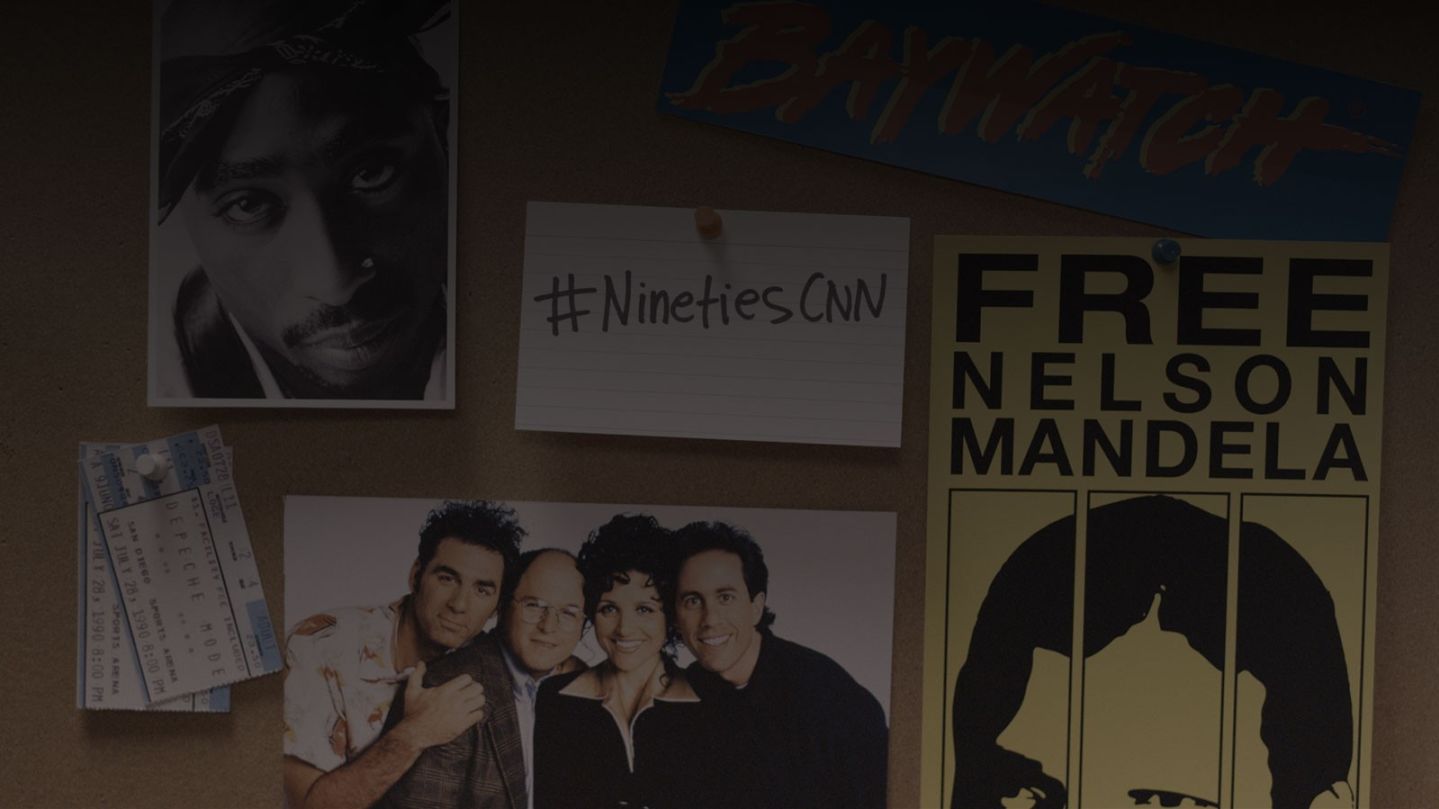CNN Special Report “After O.J.: The Fuhrman Tapes Revealed,” airing Friday, July 21, at 11 p.m. ET, reveals never-before-heard excerpts from the tapes that rocked the “trial of the century.” For more on the 1990s, watch CNN’s Original Series on Sundays at 9 p.m. ET/PT, and subscribe to CNN’s podcast “The Rewind: ’90s Edition.”
It’s been more than two decades since O.J. Simpson was charged, tried and acquitted in the 1994 killings of his ex-wife, Nicole Brown Simpson, and her friend Ron Goldman, but that hasn’t made a difference to our interest in the case.
Even now, as Simpson issues an appeal for parole in a completely separate matter – the former football star has been imprisoned in Nevada for the past 8 years for armed robbery and kidnapping – we’re still seeing images of his infamous 1995 trial.
It’s not just the news: Between an ESPN documentary, an FX miniseries, and a controversial memoir from Simpson himself titled “If I Did It”, the past 10 years alone have been flooded with analysis revolving around the “trial of the century.”
How could one man acquitted of murder in 1995 grip a nation for this long?
The brutality of the Brown Simpson and Goldman murders certainly has something to do with it; during the murder trial, the prosecution accused O.J. Simpson of killing his wife on June 12, 1994, as she lay face down by pulling her head back and slashing her throat.
Simpson’s fame is another factor. To hear such theories tossed around about any celebrity will make headlines; to hear allegations being made about O.J. Simpson – the Pro Football Hall of Fame athlete and Heisman trophy winner who turned into an actor and a personality so broadly liked that he could sell everything from Hertz rental cars to to cowboy boots to RC Cola – was astonishing.
But the real reason we’re still talking about O.J. doesn’t have much to do with the man at all. When we talk about O.J. Simpson, and specifically the crime that happened in mid-1990s Los Angeles, we’re talking about America.
The Orenthal James Simpson story is so ripe with commentary on race, class and justice in our country that culturally we’re still trying to dissect it.
Here was a black man who’d “made it” – surpassing the hurdles of institutional racism to earn fame and fortune on the strength of his talent and skill. Simpson had ascended so far past stereotypes – as Jay-Z raps on his latest album 4:44 in the track “The Story of O.J.,” currently one of the top 25 songs in the US – that Simpson thought he’d vaulted beyond race itself.
He didn’t partake in the social justice fights that many of his fellow athletes did in the ’60s and ‘70s as his fame was rising. He had no racial identity, he said. He was just “O.J.”
And for a while, it seemed that Simpson really did live in a bubble beyond America’s well-worn, history-made racial battle lines.
Yet when the bodies of Simpson’s ex-wife and her friend were discovered on June 12, 1994, and the police charged Simpson for the crimes five days later, that bubble didn’t just burst; it appeared it never existed in the first place.
And as a result, America seemed to fall into two camps: Those who saw a black man being pinned for a crime against a white woman that he didn’t commit – something that has been true for many throughout American history – and who was guilty only of being rich and black while living in a very white world; and those who saw a man who committed a horrific crime but was using America’s horrible history with racial injustice and policing as a scapegoat.
At the time, the emotions were too raw and heightened – no doubt helped along by the relentless media coverage – for any of us to clearly see what was happening.
CNN polling in 1994 showed that a large majority of whites thought Simpson was guilty while 6 in 10 African-Americans believed the charges against him were not true. That belief persisted throughout the murder trial and its aftermath.
Given more time, however, and views on the Simpson case began to change. When CNN asked about the 1994 killings 20 years later, a CNN/ORC poll found that a majority of blacks – 53% – said they believed the murder charges against Simpson were true.
For that matter, the number of all Americans felt that way by the 20th anniversary of Brown-Simpson’s death, with 83% saying in 2014 that they believed the murder charges were true, compared with 66% in 1994.
It’s no wonder, then, that we keep turning to Simpson’s life story again and again: we’re not just talking about the crime, or whether the accused was guilty or not. We’re talking about ourselves, and how we judge race and justice in America.




















